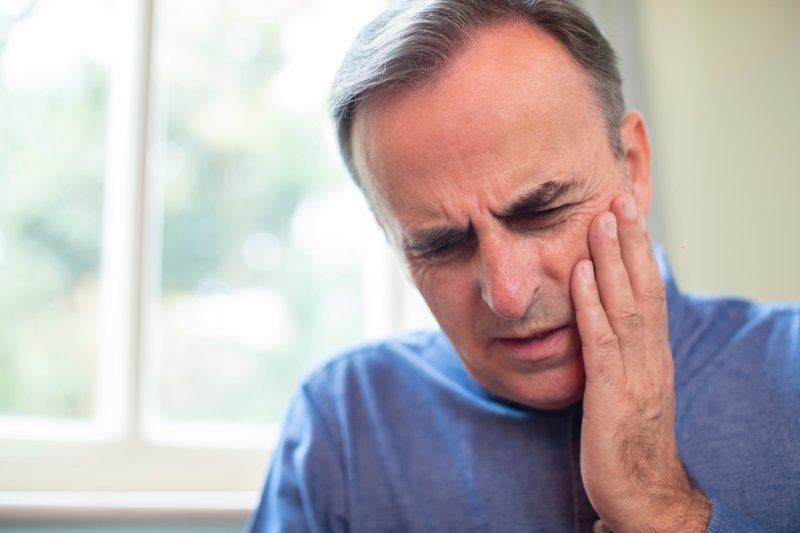
It’s no secret that we are currently living in uncertain times. Pandemics like COVID-19 are making it very difficult to even run basic errands, let alone get dental appointments completed. Of course, if you’re experiencing a dental emergency, it can be even more difficult to know exactly what to do next. If you are experiencing dental problems but aren’t sure if you should visit the dentist directly, you’ll want to keep reading. With help from an emergency dentist, you can obtain some much-needed clarity on what classifies as a “dental emergency.”
What is NOT a Dental Emergency?
Anything that is considered to be non-urgent or routine care is deemed to be not a dental emergency, according to the American Dental Association (ADA). These include treatments that can be put off until a later date after quarantine restrictions have been lifted. Keep in mind that these standards can change as the spread of COVID-19 is a constantly developing situation. Regardless, non-urgent care includes:
- Initial or periodic oral examinations and recall visits, including routine radiographs
- Routine dental cleaning and preventive therapies
- Orthodontic procedures other than those to address acute issues (e.g. pain, infection, trauma) or other issues critically necessary to prevent harm
- Extraction of asymptomatic teeth
- Restorative dentistry including treatment of asymptomatic carious lesions
- Aesthetic dental procedures
When Should You Visit the Dentist Right Away?
When it comes to dental emergencies, there are actually two categories to consider. This includes “dental emergencies” and “urgent dental care.” The former includes situations that are potentially life-threatening, while the latter focuses on the management of conditions that require immediate attention.
For example, dental emergencies include:
- Uncontrolled bleeding
- Conditions capable of compromising the airway (i.e. soft tissue bacterial infections accommodated by major swelling or trauma involving the facial bones)
Urgent dental care is far more broad and includes the following:
- Severe dental pain
- Pain in the third molars
- Dry socket dressing changes
- Tooth fractures causing pain or soft tissue trauma
- Knocked-out teeth
- Dental treatment needed before critical medical procedures
- Serious dental cavities or damaged restorations causing pain
- Suture removal
- Denture adjustments for patients undergoing radiation treatment for cancer
- Replacing temporary fillings for patients experiencing discomfort following a root canal
- Snipping excess orthodontic wire that’s poking into gum tissue
How to Avoid Dental Emergencies
With all these points in mind, it’s more important than ever to stay protected during the COVID-19 pandemic. The best way to avoid dental emergencies include:
- Brushing twice a day with fluoridated toothpaste
- Flossing daily
- Never chewing on really hard foods or inedible materials that can crack teeth (i.e. ice cubes, popcorn kernels, pens, pencils, and packages)
- Wearing a protective mouthguard when playing contact sports
- Avoiding hard or sticky foods however possible (especially if you have any older restorations)
Are you not sure if you’re experiencing a dental emergency? Don’t be afraid to contact a dentist and ask them for guidance during this difficult time.
About Premier Dental Care
For Dr. Adam and Diaz Jones, protecting their patients’ oral health is their top priority. Their expertise in emergency dentistry as well as other restorative procedures should give you confidence in their abilities to treat a wide array of dental emergencies, even during a pandemic. If you’re not sure if you’re dealing with a dental emergency, do not hesitate to contact them through their website.
